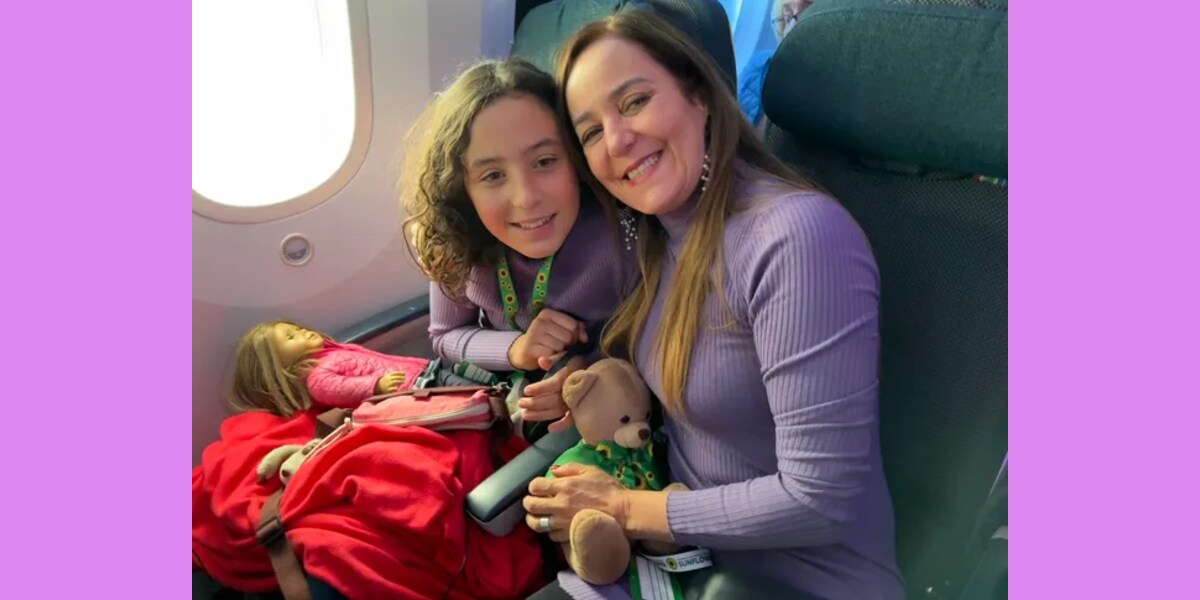Traveling with a loved one on the autism spectrum can be challenging, but now, autism-certified travel options are making a world of difference for families seeking inclusive and empathetic travel experiences.
In a heartwarming story of transformation, the Callafange family, hailing from Santiago, Chile, experienced a profound shift in their travel experiences this past summer.
Exploring Autism-Certified Travel for Families
Flavia Callafange, the mother of 14-year-old Felicia, who has autism, shared how their journeys were previously marred by meltdowns, complaints, and judgment from onlookers due to Felicia’s condition.
Felicia’s high energy and friendly disposition, though well-intentioned, could sometimes be perceived as “aggressive,” and long plane rides were particularly challenging as she struggled to sit still during them.
Traveling for families with autistic members is often an uphill battle. According to a 2019 survey by the International Board of Credentialing and Continuing Education Standards, only 13% of such families go on vacation, despite 93% expressing a desire to do so. The primary obstacle is the lack of accessible autism-certified travel options.
However, this all changed for the Callafange family during a summer trip to New York. They embarked on Felicia’s dream journey, which included a visit to the American Girl Store and a Broadway show.
Notably, they chose to travel exclusively with brands that are autism-certified, a remarkable first for them.
This shift has been instrumental in making travel more inclusive for families like the Callafanges. Airlines and hotel brands are now actively working to become more accommodating to guests with invisible disabilities.
Partnerships with organizations like Autism Double-Checked have been instrumental in providing resources and training for staff to ensure a successful and stress-free travel experience for these families.
Alan Day, the Co-founder and CEO of Autism Double-Checked, who himself became involved in autism advocacy after his son’s diagnosis, emphasized the unique challenges autism presents during travel.
He highlighted the need for meticulous planning and the importance of flexibility, as no two individuals with autism will have the same triggers or requirements.
For Flavia Callafange and her daughter Felicia, the trip was profoundly emotional. They traveled with LATAM Airlines, which is one of the few airlines certified by Autism Double-Checked, and they proudly wore Hidden Disabilities Sunflower lanyards, signaling that they may need additional support due to their unseen disability.
The experience was so transformative that Flavia expressed her commitment to exclusively travel with autism-friendly companies in the future, marking a new chapter in their travel adventures.
In a world that’s becoming more aware and empathetic toward people with disabilities, especially those that are not immediately apparent, stories like the Callafange family’s serve as inspiring reminders of the positive impact that inclusive travel options can have on families with autistic members.








Leave a Reply
You must be logged in to post a comment.